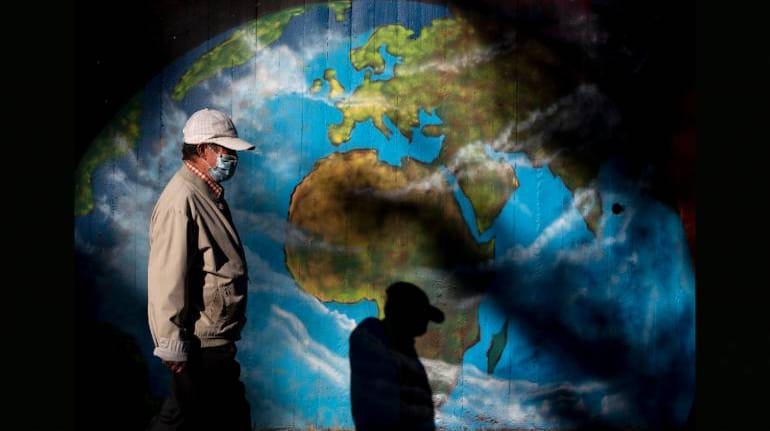



India has been reporting an alarming rise in COVID-19 cases, indicating that the second wave is likely to wreak more havoc despite the ongoing mass vaccination drive.
On March 26, India reported 59,118 new coronavirus infections in a day, the highest single-day rise so far this year. With this, the nationwide COVID-19 tally has mounted to 1,18,46,652, while the death toll increased to 1,60,949 with 257 daily new fatalities.
Track this LIVE blog for the latest updates on the coronavirus pandemic
Registering an increase for the 16th day in a row, the active cases have increased to 4,21,066, breaching the 4 lakh-mark again after around three-and-half months.
For the week ending March 25, India reported an average of 47,442 new infections every day. This is the highest seven-day average since October 28, as per a Hindustan Times report.
Only seven days ago, the national seven-day average of daily cases was 28,551, the report said, adding that in just a week, new infections increased by 66 percent.
This indicates that the COVID-19 cases reported during the second wave are growing at a much faster rate than that seen during the first wave India witnessed in August and September.
Moreover, the doubling time of COVID-19 cases in India has decreased from 504.4 days on March 1 to 202.3 days on March 23, the Health Ministry said.
At present, six states -- Maharashtra, Punjab, Kerala, Karnataka, Chhattisgarh and Gujarat -- have reported a surge in daily new cases. According to Health Ministry data, they together account for 80.63 percent of the new cases reported in the last 24 hours.
"Three states - Maharashtra, Kerala and Punjab - account for 74.32 percent of total active cases in the country. Maharashtra alone accounts for 62.91 percent of the total active cases in the country," the Health Ministry said.
According to a recent SBI report, the second wave of COVID-19 may peak in the second half of April and the entire duration of the second wave may last up to 100 days beginning February 15.
"Though the second wave is much higher in intensity than the first wave, the presence of vaccine makes the difference currently. Thus, we will be able to manage the situation better," SBI's Group Chief Economic Advisor Soumya Kanti Ghosh said in the report.
Click here for Moneycontrol's full coverage of the COVID-19 outbreak
Discover the latest Business News, Sensex, and Nifty updates. Obtain Personal Finance insights, tax queries, and expert opinions on Moneycontrol or download the Moneycontrol App to stay updated!
Find the best of Al News in one place, specially curated for you every weekend.
Stay on top of the latest tech trends and biggest startup news.